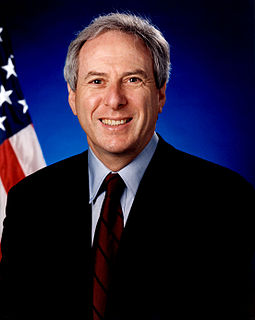A Quote by Buzz Aldrin
By refocusing our space program on Mars for America's future, we can restore the sense of wonder and adventure in space exploration that we knew in the summer of 1969. We won the moon race; now it's time for us to live and work on Mars, first on its moons and then on its surface.
Related Quotes
Mars is the next frontier, what the Wild West was, what America was 500 years ago. It's time to strike out anew....Mars is where the action is for the next thousand years....The characteristic of human nature, and perhaps our simian branch of the family, is curiosity and exploration. When we stop doing that, we won't be humans anymore. I've seen far more in my lifetime than I ever dreamed. Many of our problems on Earth can only be solved by space technology....The next step is in space. It's inevitable.
People say, oh we just need charismatic leaders to continue on to Mars. Now we've gone to the moon, of course Mars is next. No. Mars was never, of course, next. It is next if you think we went to the moon because we're explorers, but if you know we went to the moon because we were at war then we're never going to Mars. There's no military reason to do it, to justify the expenditure.
By 2025 we expect new spacecraft designed for long journeys to allow us to begin the first ever crewed missions beyond the Moon into deep space. So we'll start by sending astronauts to an asteroid for the first time in history. By the mid-2030s I believe we can send humans to orbit Mars and return them safely to Earth. And a landing on Mars will follow and I expect to be around in see it.
We will eventually build space science labs and hotels, prodding the capability for missions beyond the orbit of the Earth. Our space-hotel guests will be able to take breath-taking excursions, flying a couple of hundred feet above the Moon's surface in small two-man spaceships. In time, we will launch missions to Mars and beyond.
In my mind, public space travel will precede efforts toward exploration -- be it returning to the moon, going to Mars, visiting asteroids, or whatever seems appropriate. We've got millions and millions of people who want to go into space, who are willing to pay. When you figure in the payload potential of customers, everything changes.



























